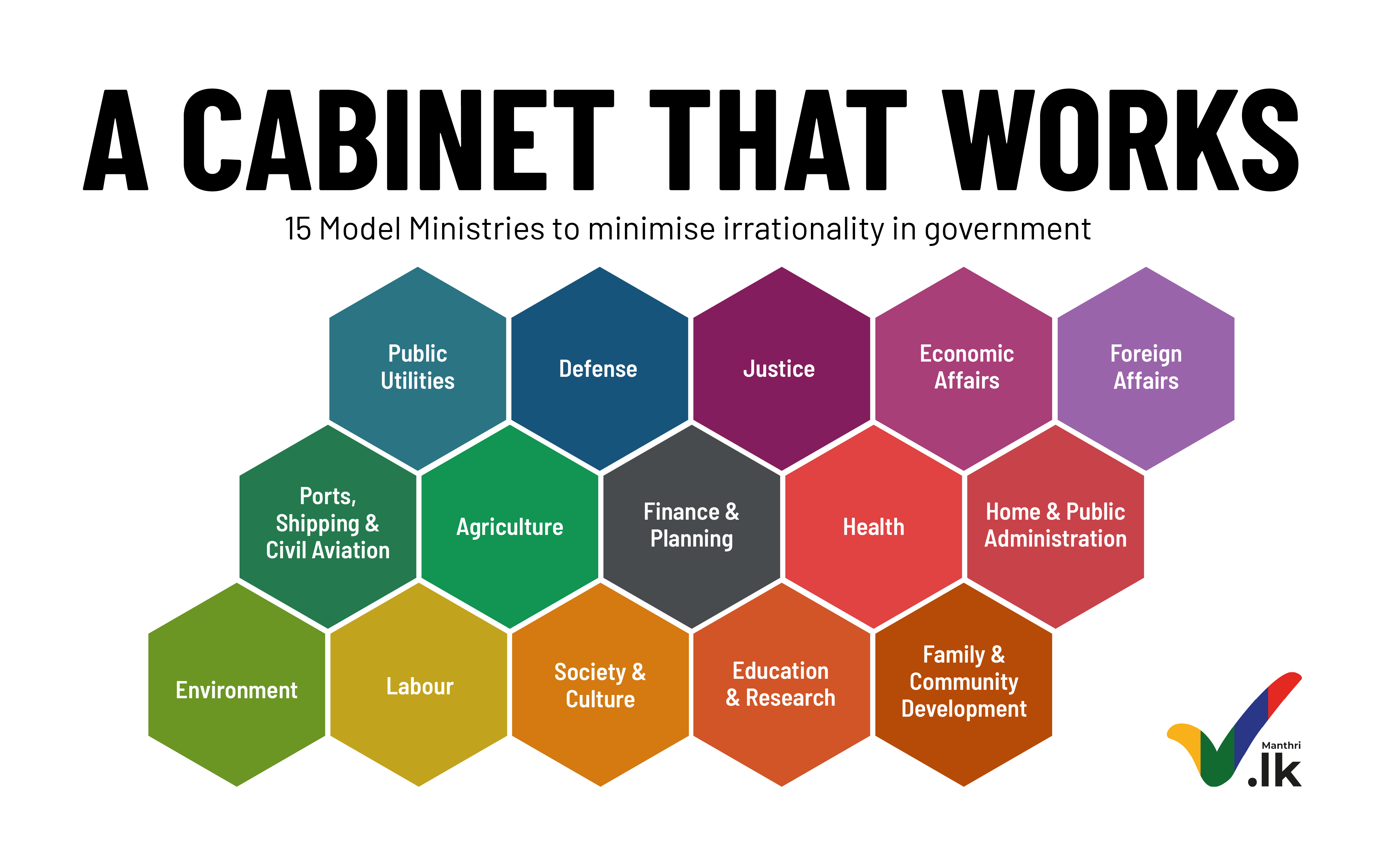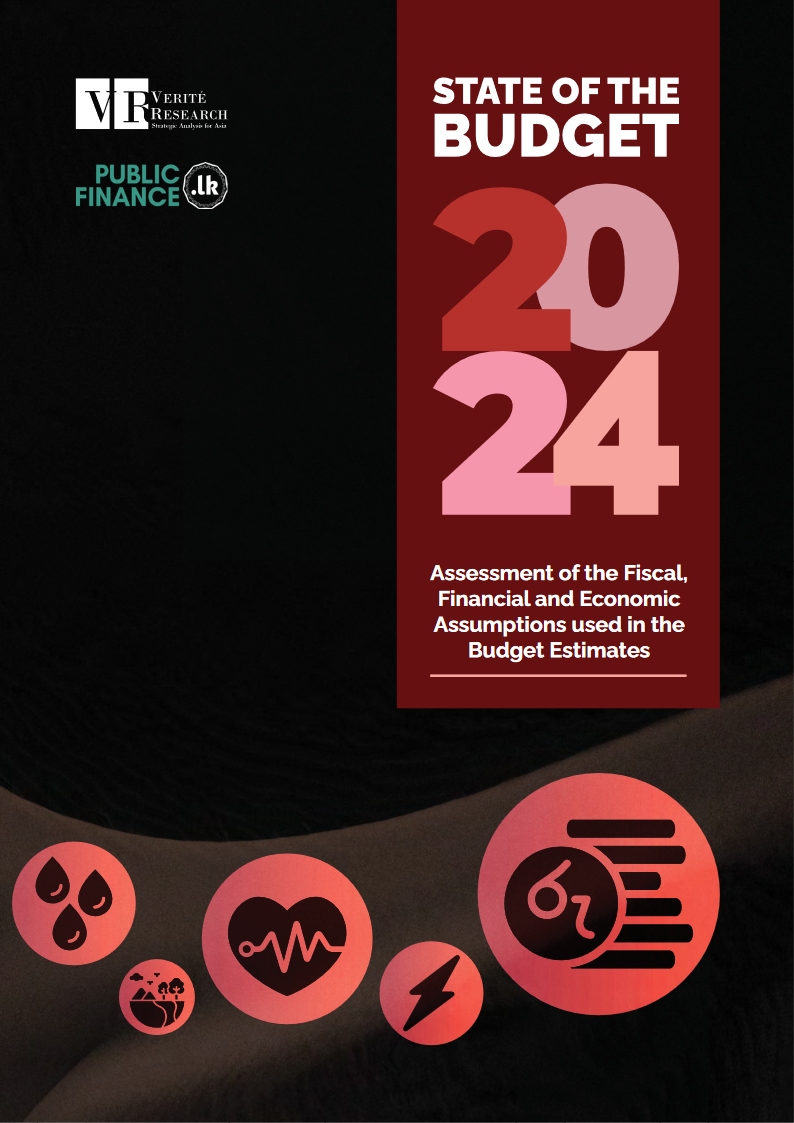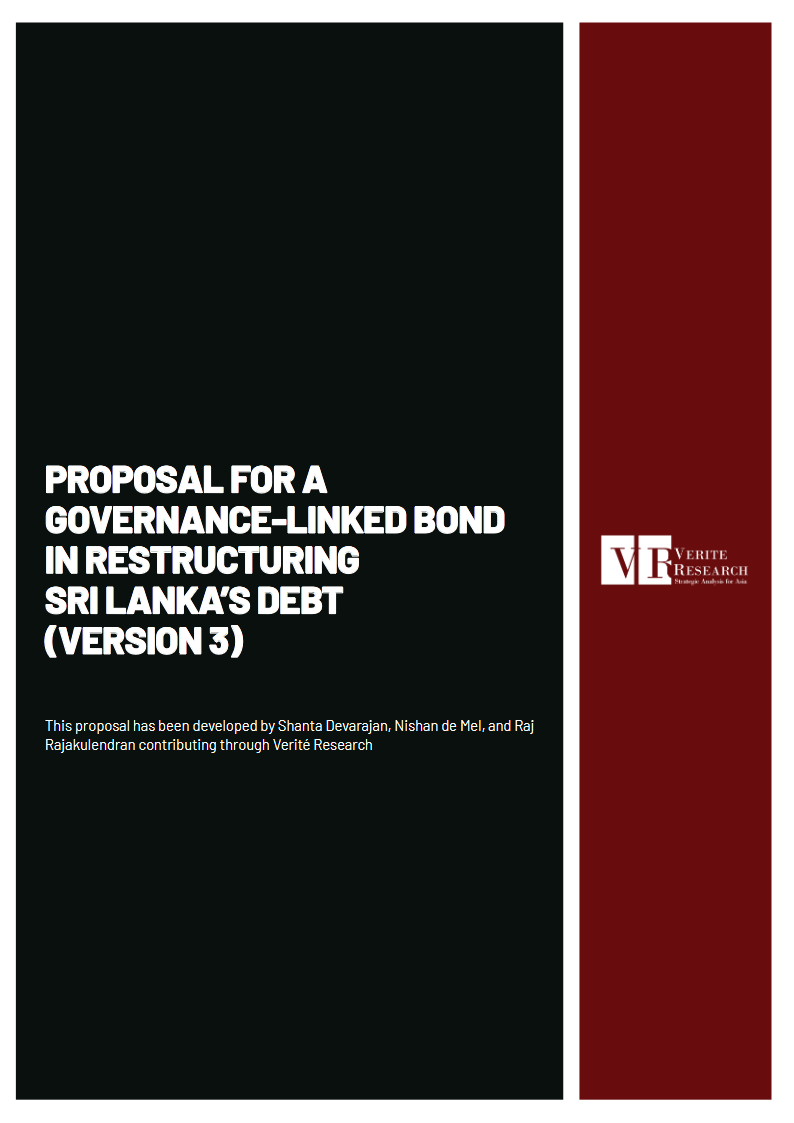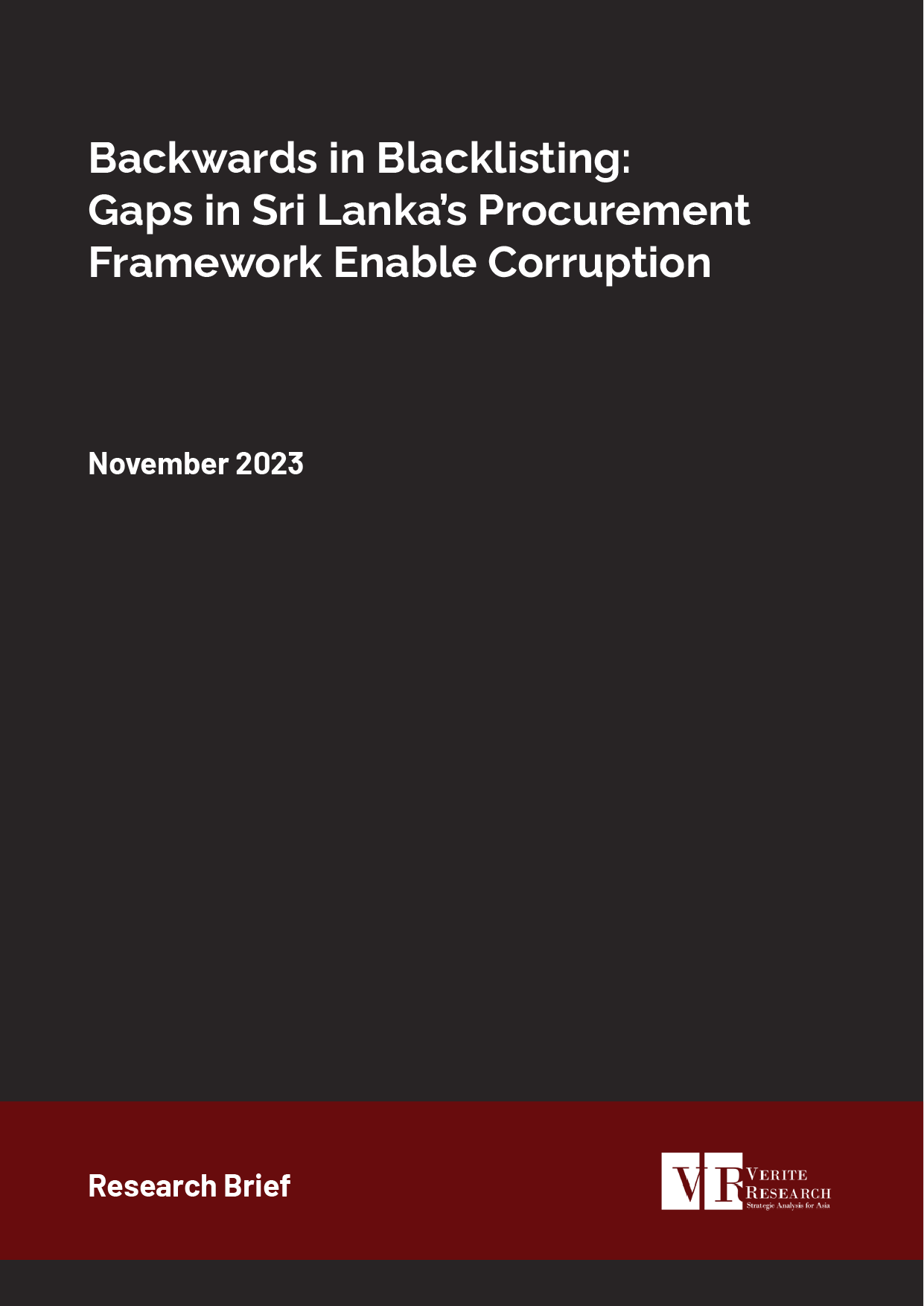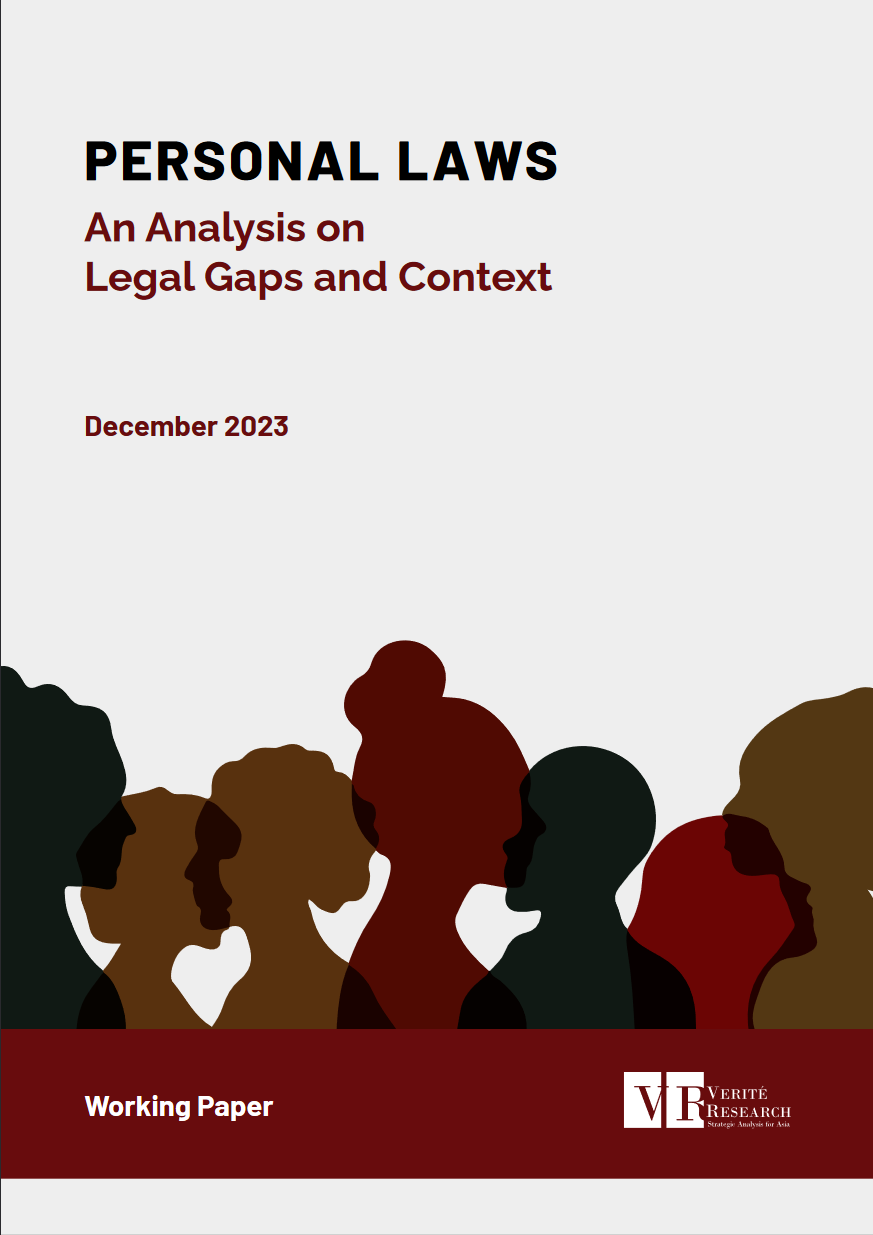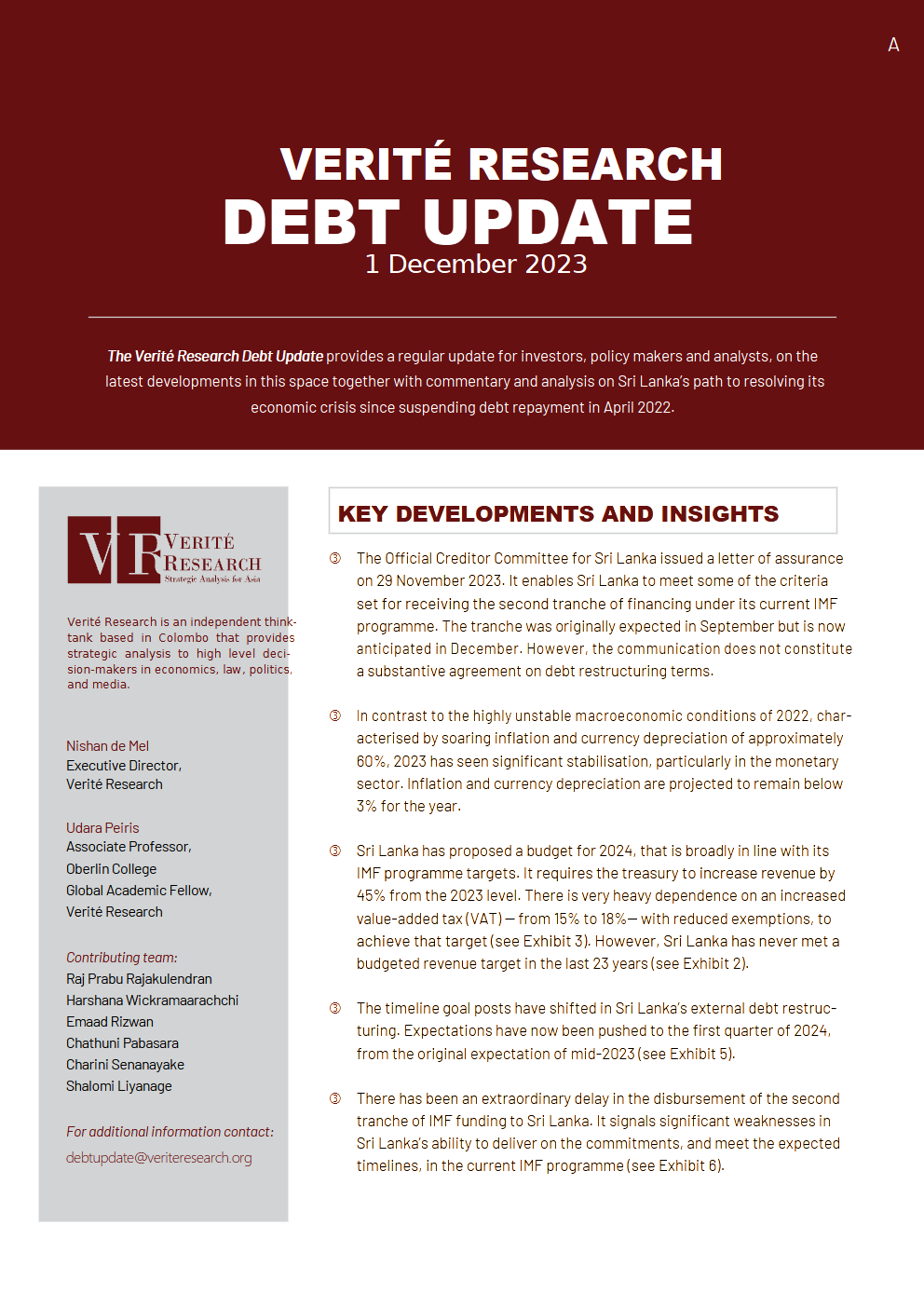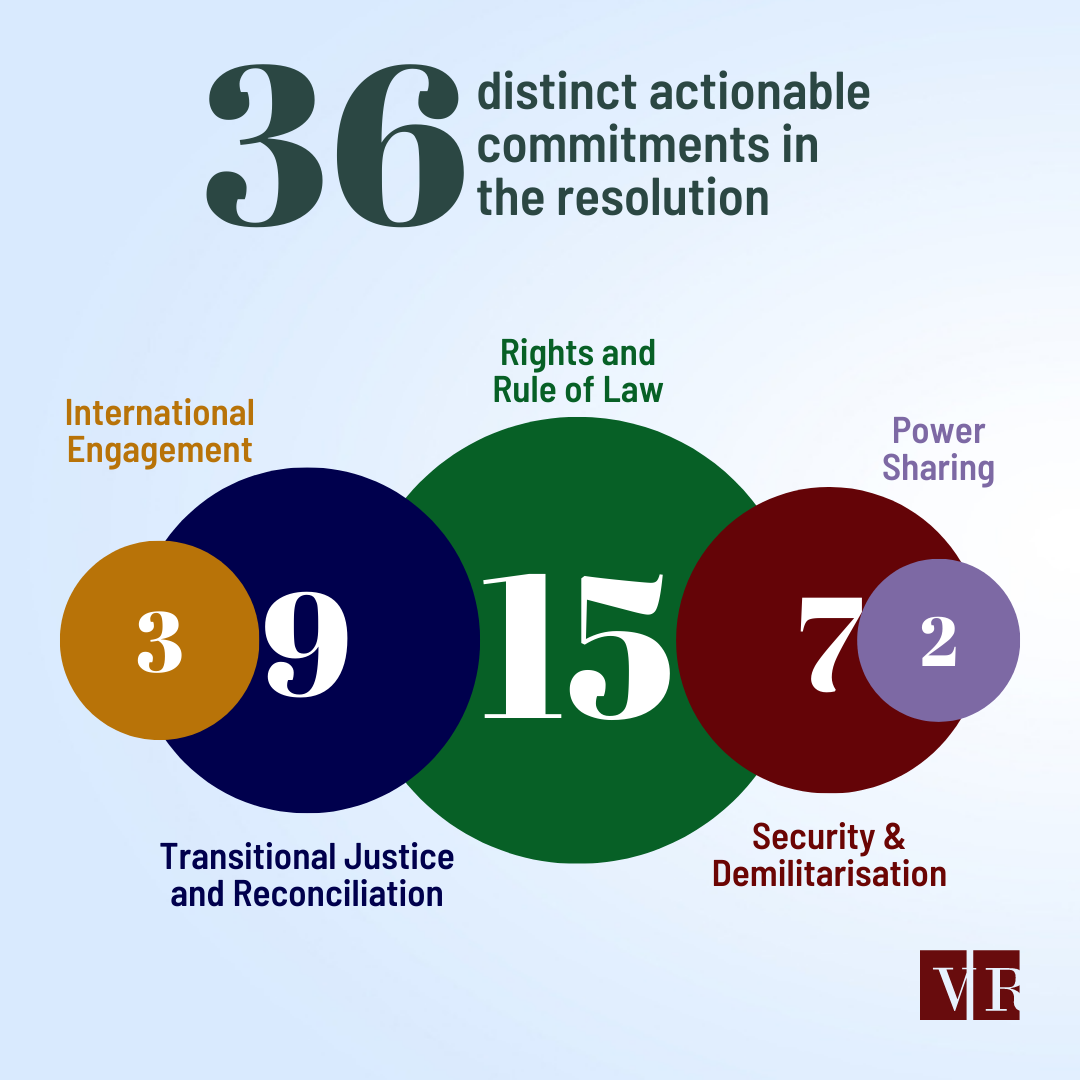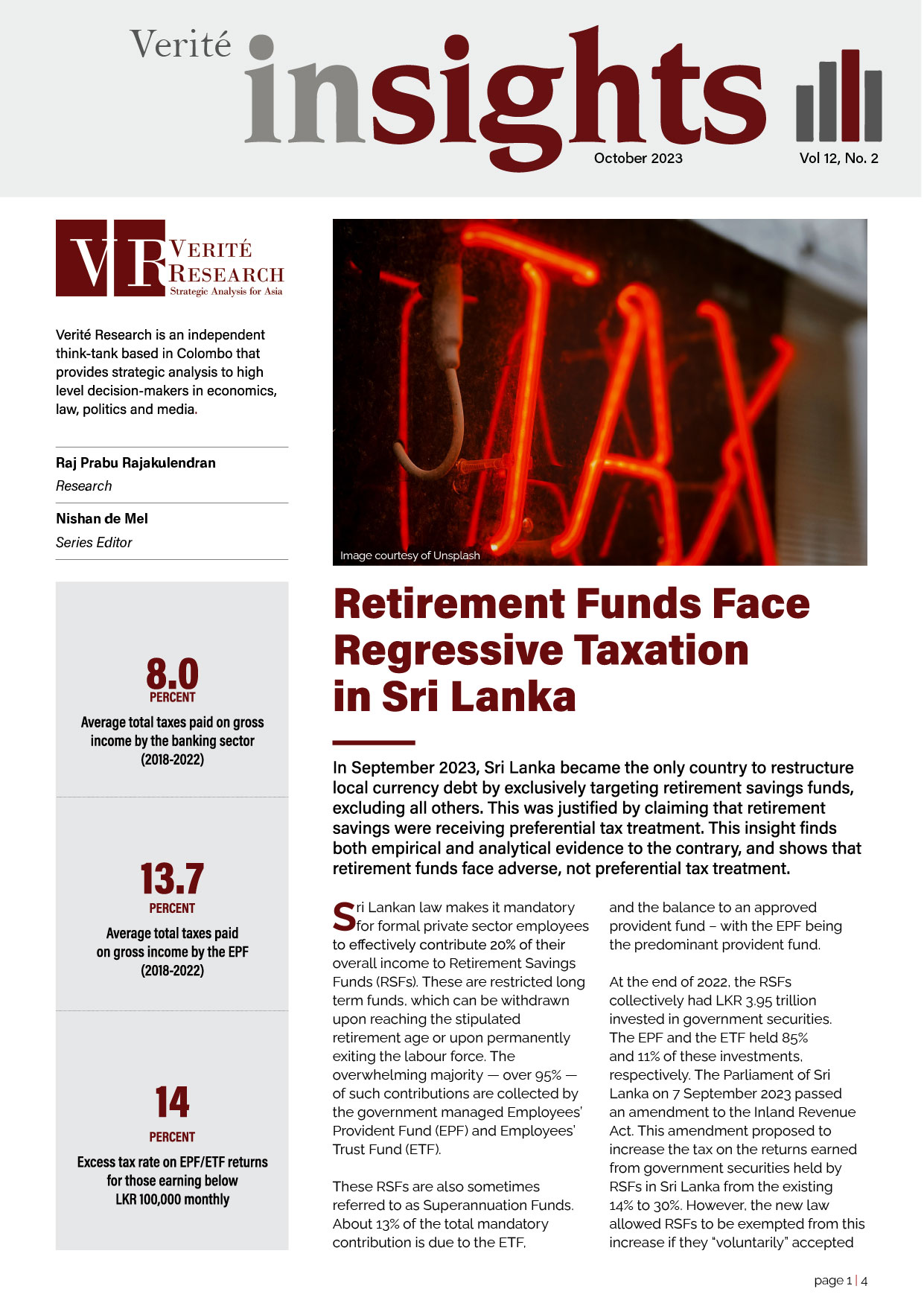Ethno-religious violence against minority groups in Sri Lanka is a long-entrenched phenomenon that has persisted, irrespective of changes in the political landscape of the country. This study examines critical trends in religiously motivated violence against Christians between November 2022 and October 2023, based on data collated by the National Christian Evangelical Alliance of Sri Lanka (NCEASL). The study unpacks three empirical insights into factors that lead to violence against Christians. These insights are data-driven explanations of who the primary perpetrators are, their main targets, and the modality through which they incite violence against Christians. The study also provides insight into harmful speech content against prominent religions in Sri Lanka found on online platforms. View Past Reports: Religious violence against Christians: Disruptions and Distractions Patterns and risks of Religious violence against Christians (October 2020 – October 2021) Prejudice and Patronage: An Analysis of Incidents of Violence against Christians, Muslims, Hindus in Sri Lanka (2021) Inaction and Impunity: Incidents of Religious Violence Targeting Christians, Muslims and Hindus (2015 – 2019)
A ‘Blueprint for a Rational Government in Sri Lanka‘, created by Verité Research and Manthri.lk, seeks to implement the recommendations from the White Paper on “A Rational Method for Cabinet Formation in Sri Lanka“, published in 2020. It lists down the duties and functions, institutions and acts to be implemented under the 15 ministries proposed in the annexures of the White Paper, following revisions that were supported by extensive expert consultation. This document is the blueprint by which governments can solve 3 key issues relating to irrational cabinet formation: 1. Misalignment of subjects Unrelated subjects being grouped together under one ministry. 2. Fragmentation of subjects Related subjects being split across different ministries. 3. Not having a fixed structure for ministries and their institutions Ministry purviews often change alongside ministerial appointments and shuffles, resulting in institutions shifting from ministry to ministry. The document takes on the form of an extraordinary gazette, and serves as a starting point for a more effectively and efficiently structured form of government.
The State of the Budget 2024 report compiled by Verité Research assesses the financial, economic and fiscal assumptions, the computation of estimates, and reporting standards applied in the 2024 Budget Speech. The state of the Budget is set out in four main sections. Section one introduces the report, sets out its objectives, and provides some background on Sri Lanka’s budget formulation process. Section two draws attention to the various deficiencies in the budget. Section three analyses the revenue estimates used in Sri Lanka’s 2024 Budget. Section four focuses on expenditure allocations and highlights concerns regarding the 2024 budget.
To address the governance risk to debt sustainability and provide incentives for the Government of Sri Lanka to implement governance reforms, this proposal sets out the structure of a novel sovereign debt instrument that can be used for countries with significant country risk in terms of future default, where the risk is likely to be correlated with the trajectory of governance. It is termed a “Governance-Linked Sovereign Bond” (GLSB). This short proposal is derived from a working paper by Verité Research that sets out the technical basis for the GLSB described here.
The research brief titled “Backwards in Blacklisting: Gaps in Sri Lanka’s Procurement Framework Enable Corruption” by Verité Research, published in November 2023, critically evaluates Sri Lanka’s public procurement system. It highlights two significant gaps: the legal gap, where procurement guidelines don’t allow for blacklisting contractors/suppliers involved in fraud and corruption, and the compliance gap, shown by the failure to maintain a blacklist for defaulting contractors. The brief compares Sri Lanka’s approach unfavourably with other South Asian countries, noting these countries’ more effective implementation of blacklisting and their maintenance of updated online databases of blacklisted firms. The study emphasizes the need for Sri Lanka to implement robust blacklisting provisions and maintain a comprehensive online list of blacklisted companies to deter corruption and ensure efficient use of public funds.
Sri Lanka has specific personal laws applicable to distinct ethnic and religious groups, such as Kandyan law, Muslim law and Tesawlamai law. Critics, both domestically and internationally, have raised concerns about discriminatory provisions in Sri Lanka’s personal laws that contradict constitutional and human rights standards. This working paper aims to assess the disparities between Sri Lanka’s personal laws and international standards, particularly focusing on gender discrimination and impacts on women and children’s rights. Recommendations for reforms aligning with international standards will be proposed, advocating for the evolution of personal laws while retaining Sri Lanka’s pluri-legal aspects.
This edition provides analysis on Sri Lanka’s debt restructuring and progress on the IMF program. This issue also includes analysis on the 2024 Budget and the need for improved governance for sustainable economic recovery.
This report provides a legal gap analysis on sexual harassment through a non-discriminative lens of gender and sexual construct, which compares Sri Lanka’s international obligations against the national laws on sexual harassment at the workplace. International legislative practices as identified from the International Labour Organisation in a global report on the 190 Convention (sexual harassment at work) have been used to inform our recommendations for reform, particularly focusing on employer liability.
This is Verité Research’s study on the Sri Lankan government’s progress in fulfilling the commitments on reconciliation and accountability in UNHRC Resolution 30/1. At the 51st session of the United Nations Human Rights Council (UNHRC) in September and October 2022, Resolution 51/1 was adopted. The Sri Lankan government rejected Resolution 51/1. The vote on Resolution A/HRC/51/L.1 on Sri Lanka was taken on 6 October 2022. The 52nd session of the UNHRC began on 27 February 2023. However, the update on Sri Lanka will be at the 53rd session slated to be held in June 2023. This report analyses the government’s progress in fulfilling all 36 commitments made in UNHRC Resolution 30/1 from March 2022 to February 2023.
In September 2023, Sri Lanka became the only country to restructure local currency debt by exclusively targeting retirement savings funds, excluding all others. This was justified by claiming that retirement savings were receiving preferential tax treatment. This insight finds both empirical and analytical evidence to the contrary, and shows that retirement funds face adverse, not preferential tax treatment.

